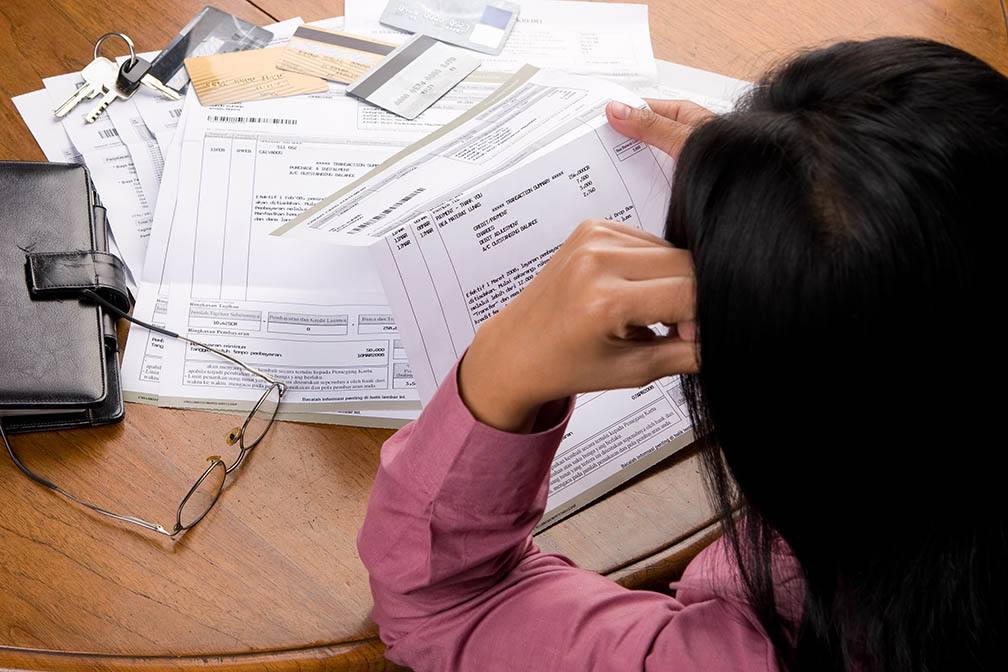What’s Ahead For Mortgage Rates This Week – June 5, 2017
 Last week’s economic releases included readings on inflation, core inflation pending home sales and multiple reports from the labor sector. Weekly readings on mortgage rates and new jobless claims were also released. Pending home sales were lower and weekly jobless claims rose, which illustrates continued volatility in the economic sector.
Last week’s economic releases included readings on inflation, core inflation pending home sales and multiple reports from the labor sector. Weekly readings on mortgage rates and new jobless claims were also released. Pending home sales were lower and weekly jobless claims rose, which illustrates continued volatility in the economic sector.
Inflation rose 0.40 percent in April, which matched projections and exceeded April’s reading of 0.30 percent. Core inflation, which excludes volatile food and energy sectors, grew by 0.20 percent and exceeded expectations of 0.10 percent growth based on a negative reading of -0.20 percent in March. The Federal Reserve has set an annual inflation rate of 0.20 percent as a benchmark for economic recovery.
Housing Data Mixed
Case-Shiller released its 20-City Housing Market Index for March; Home price appreciation held steady at 5.90 percent on a seasonally-adjusted basis year-over-year. Month-to-month, home prices rose by 0.90 percent. Seattle, Washington had the highest pace of home price growth in March, with 12.30 percent. Portland, Oregon followed with 9.20 percent home price growth and Dallas, Texas had the third highest level of year-over-year home price growth at 8.60 percent. Month-to-month home prices grew at a pace of 0.90 percent.
Despite indications of high builder confidence in current and future housing market conditions, construction spending decreased by -1.40 percent in April. Analysts expected an increase of 0.50 percent in construction spending based on construction spending growth of 1.10 percent in March.
Builders have consistently cited concerns over affordable lots and skilled labor, but industry professionals are not sure why high builder confidence in housing markets doesn’t correspond to lagging construction spending rates. Building more homes is viewed as the only path to easing high demand for homes caused by a shortage of homes for sale.
The Commerce Department reported fewer pending home sales in April with a reading of -1.30 percent; the March reading was -0.90 percent. Pending home sales typically indicate further closed sales and trends in mortgage loans.
Mortgage Rates Mixed, New Jobless Claims Rise
Freddie Mac reported slight change in mortgage rates last week; the average rate for a 30-year fixed rate mortgage was one basis point lower 3.94 percent. Rates for a 15-year fixed-rate mortgage averaged 3.19 percent and was unchanged from the prior week. The average rate for a 5/1 variable rate mortgage rose four basis points to 3.11 percent. Discount points averaged 0.50 percent for all three types of mortgages.
New Jobless Claims Hit 5–Week High
First-time claims rose from the prior week’s reading of 235,000 new claims to 248,000 new claims filed. Analysts had expected 239,000 new claims filed. Analysts said that higher claims were connected to the Memorial Day holiday and characterized last week’s higher number of claims as a “blip.”
In other labor-sector news, ADP reported 253,000 new private-sector jobs in May; the Commerce Department reported 138,000 new government and private sector jobs. This reading may be revised based on an expected 185,000 public and private-sectors jobs for May and April’s reading of 174,000 public and private-sector jobs.
National unemployment ticked down in May to 4.30 percent. Analysts had expected no change in April’s reading of 4.40 percent.
What‘s Ahead
This week’s scheduled economic news includes readings on job openings, consumer credit along with weekly reports on mortgage rates and new jobless claims.

 Are you about to become a first-time home buyer? If so, there’s a lot to get excited about. You’ll soon be a home owner, able to customize and improve your living space as you see fit.
Are you about to become a first-time home buyer? If so, there’s a lot to get excited about. You’ll soon be a home owner, able to customize and improve your living space as you see fit. It may feel like a very daunting task to consider buying a home after you’ve declared bankruptcy, and there’s no doubt that it’s an uphill battle. Fortunately, while you’ll have hard work ahead, there are things you can do in order to make your dream of home ownership a possibility. Whether you’ve just declared bankruptcy or some time has passed, here are some things you should consider before getting into the market.
It may feel like a very daunting task to consider buying a home after you’ve declared bankruptcy, and there’s no doubt that it’s an uphill battle. Fortunately, while you’ll have hard work ahead, there are things you can do in order to make your dream of home ownership a possibility. Whether you’ve just declared bankruptcy or some time has passed, here are some things you should consider before getting into the market.